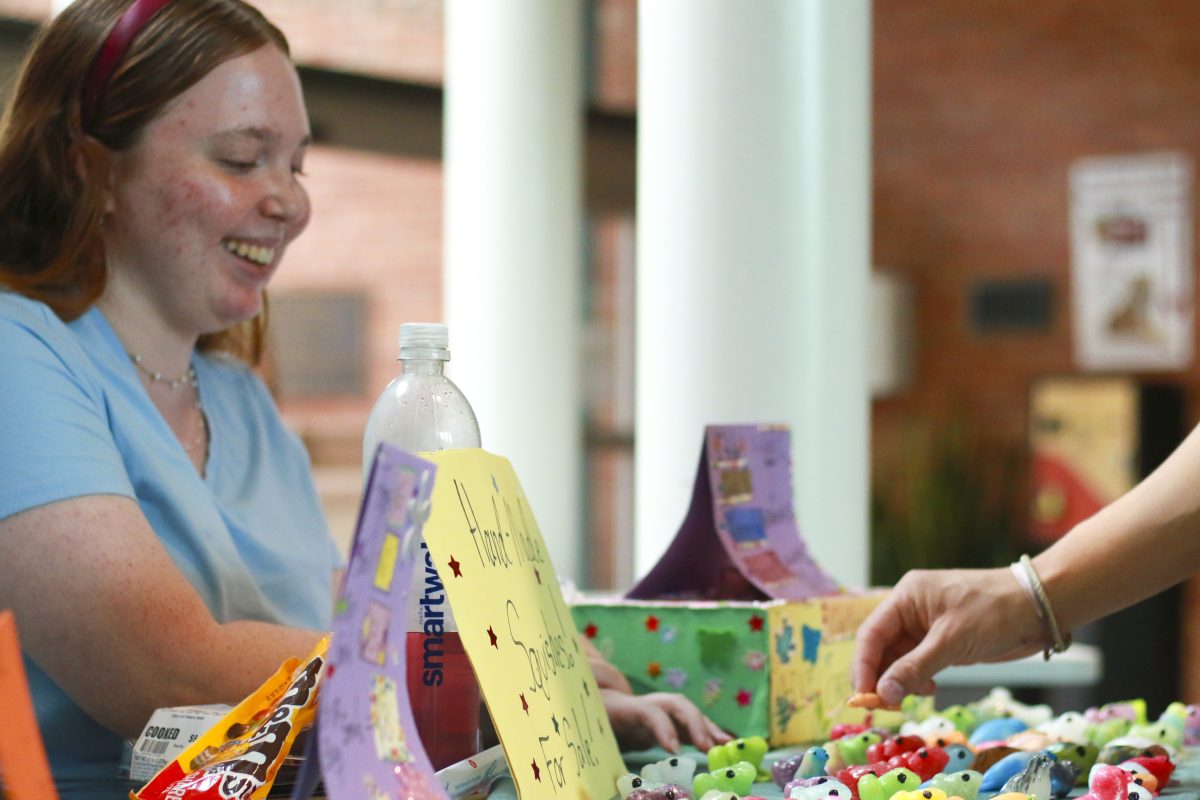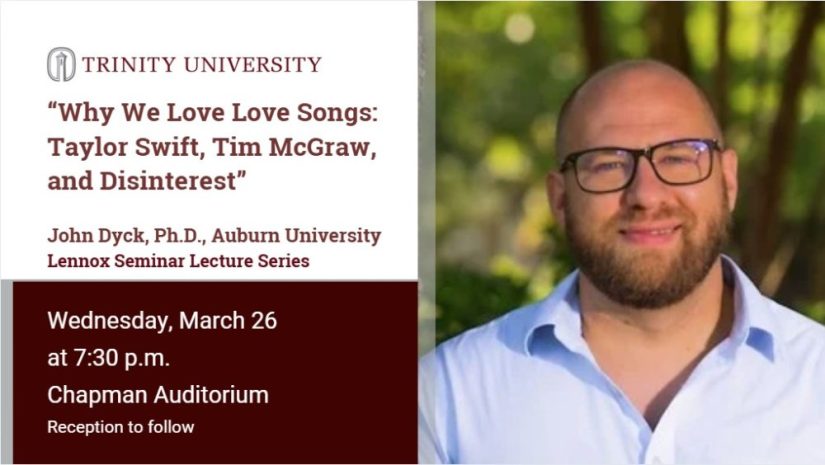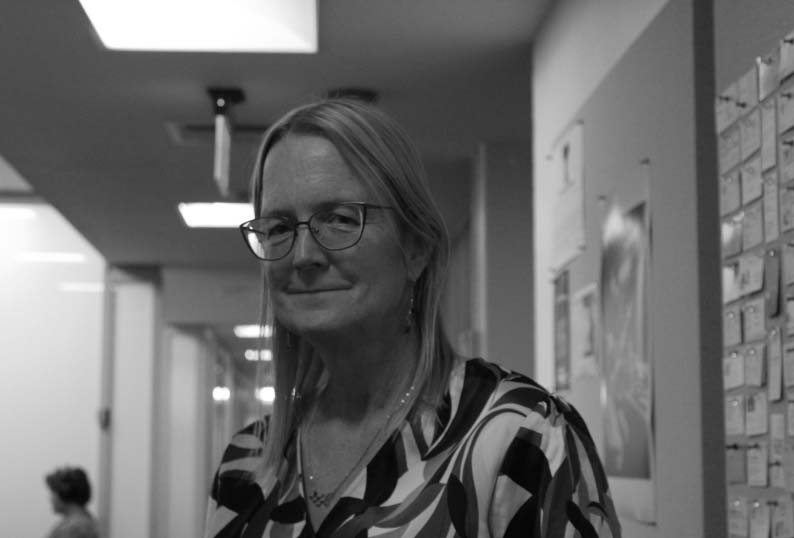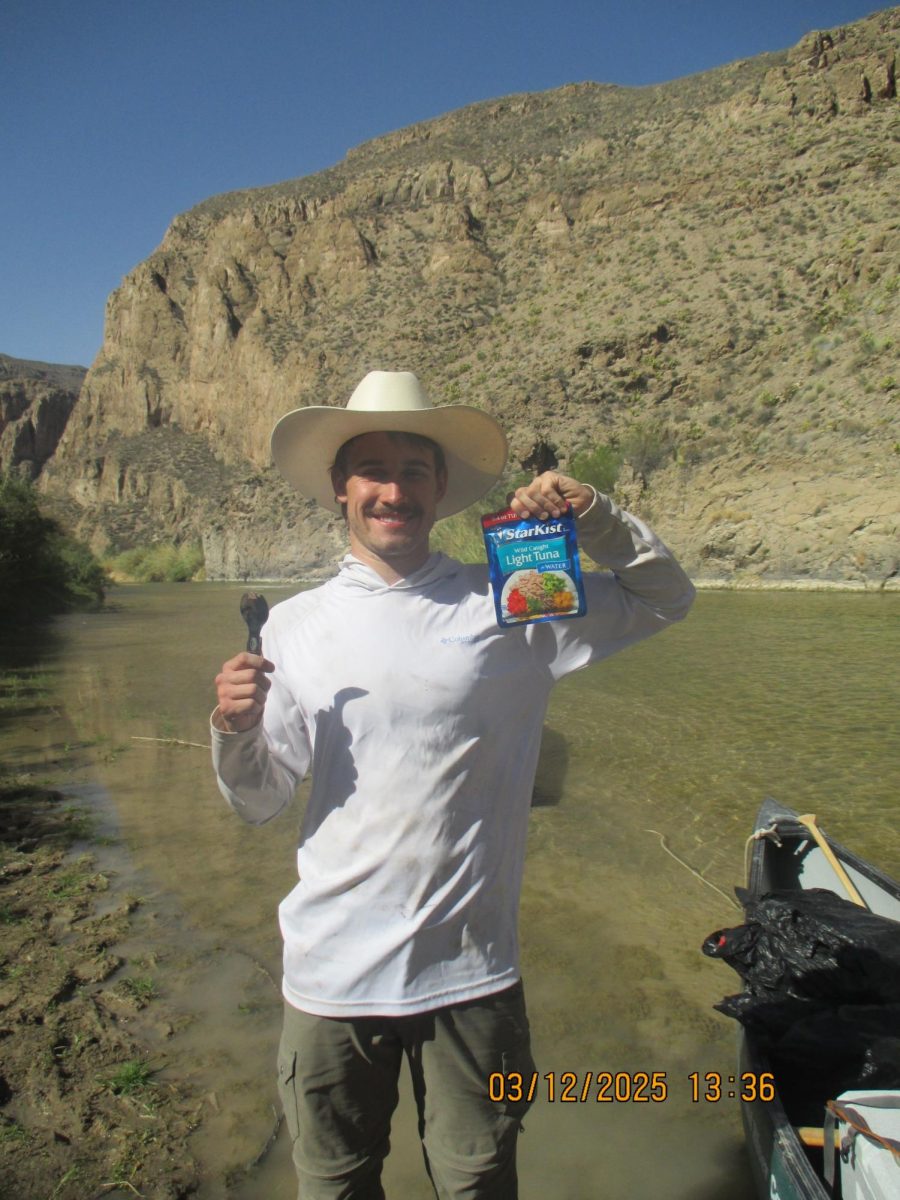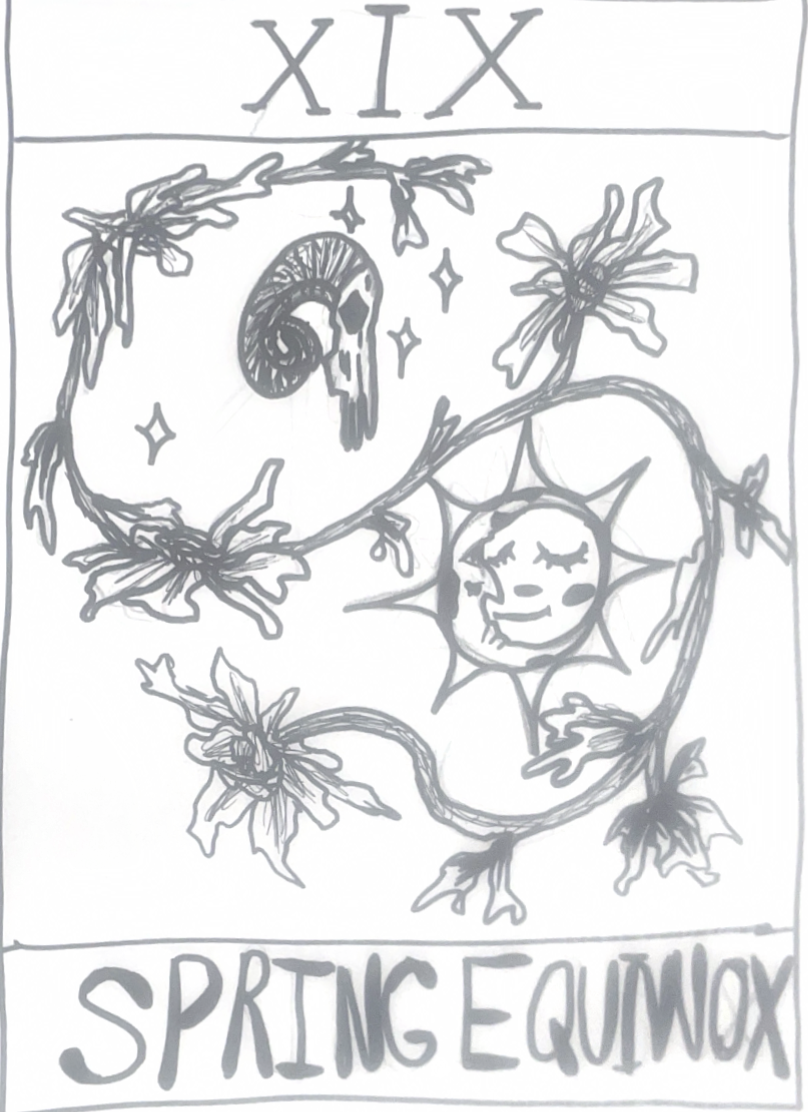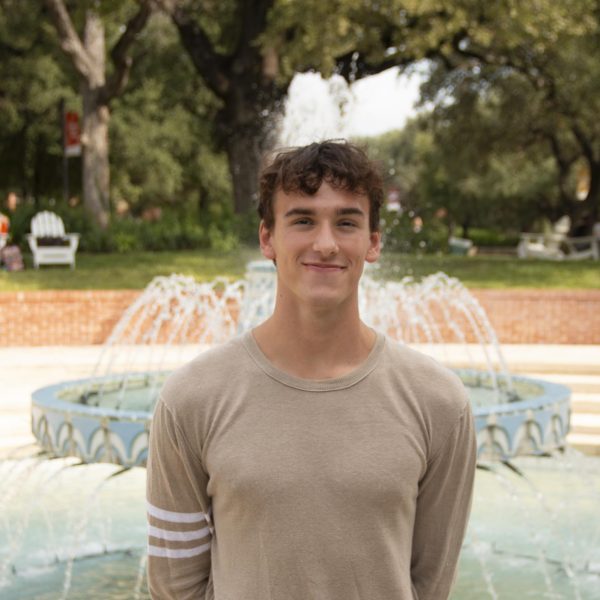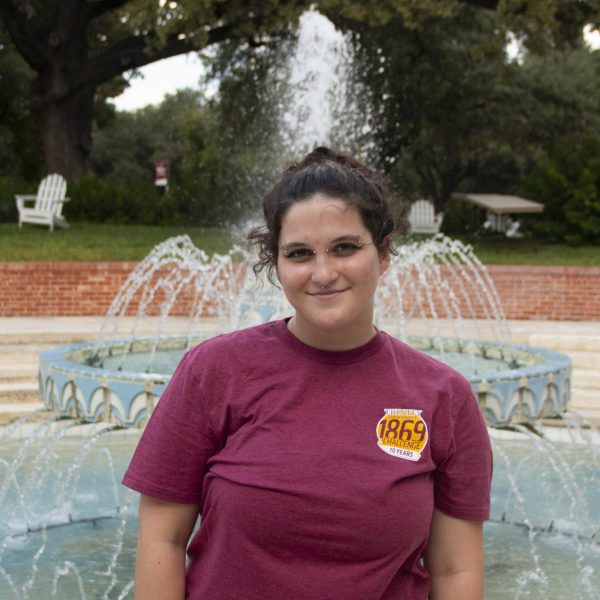First-year Olivia Scott decided to take business matters into her own hands by setting up a table in the Coates Student Center (Coates). Her business, Bop-A-Frog, offers Trinity students the opportunity to purchase handmade silicone squishies — a silicone frog or seal.
Accompanied by Brock the mascot, a green dinosaur plushie that always sits by Scott’s side, she runs her table in the main lobby of Coates every Monday through Friday from 11:30 a.m. – 2 p.m. Times are subject to change.
Scott is a proponent of spreading joy and play into the lives of Trinity students.
“There should be more fun, playful things for people who are older,” Scott said. “That is one of the reasons why I thought selling them here wouldn’t be too out of place. Having a little friend, a little thing, to play with is really helpful.”
The colorful, squishy creatures handmade by Scott can be interpreted as a toy or art. For Scott, she sees her work as somewhere in the middle. Either way, she wants them to be easily available to people.
Like any other entrepreneur or artist, Scott continues to learn through experience. Scott has always liked silicone toys, and she decided to transform this interest into a reality.
“It was a really long process trying to figure out the right silicone. With frogs, it blends itself [in]to silicone. A furry creature does not have the same connection,” Scott said.
The squishies produced by the artist may look simple, but the process by which they are made is not. She first considers the idea, and then she sculpts the desired creature out of clay, choosing between eight different styles. The final step consists of making a mold out of the clay-sculpted creature.
“I sell them at a therapist’s office. I think about where I’m selling. Am I selling them more like toys or art pieces?” Scott said.
Making frogs is a lengthy process, but for Scott, it’s worth it.
“This is skilled work. I really enjoy doing it,” Scott said. “It is not automatic for people to know that they are handmade.”
Silicone is expensive, so she takes careful notice of how much she uses. Her business is supported by market testing and three years of experience selling her squishies.
“I went to a public, art-focused high school. That is actually where I first started selling these. There is a very good culture of being paid for your work,” Scott said.
According to Scott, when she asked the entrepreneurial department if she could sell her squishies, they said as long as it is not food then it is alright.
“Hopefully no one is eating my squishies,” Scott said.
For students wanting to engage in entrepreneurial activities on campus, Scott recommended speaking to the Center for Experiential Learning and Career Success (CELCS) and members of the entrepreneurship program.
Here at Trinity, students are provided the opportunity to capitalize on their interests and influence others positively. Scott, an artist and entrepreneur, contributes to campus life by expressing herself emotionally through her artwork and helping others with her squishies.
“Art has a place of expressing really deep, sad emotions but it does not always have to be like that,” Scott said.

